In February 2017, I wrote a piece for Muscular Dystrophy UK about the Channel4 TV dating show, The Undateables.
Last week, Channel4 aired the final episode of its reality series The Undateables, a dating show for disabled people.
For those who are unfamiliar, individuals with any disability are invited to appear on the show, now in its sixth season.
With the help of dating agencies and personal introduction services, they take part in blind dates, speed dating and match-making in the hope of finding love.
Now, I’ve seen almost every episode since it premiered in 2012, and I have to say I am a fan and supporter.
I appreciate and understand the controversy surrounding the show, particularly within the disabled community, although I personally disagree with much of the negative criticism. For this reason, as someone with a physical disability myself, I would like to offer my point of view.
Firstly, I’d like to point out that all participants have applied of their own free will. Following their appearances, all have reported a positive experience, even those who did not find love as a direct result of the show.
Tammy from series 5 says, “I put myself forward for The Undateables. At no point during filming did I feel like I was being used for entertainment. It’s an entertaining show [but] we all just want to find someone who loves us for us.”
The program has been invaluable and life changing for many, leading to long term relationships, marriage and babies. Furthermore, despite the claims of some, disabled individuals have not been coupled exclusively with other disabled people.
For example, Brent, a young man with tourettes married his able-bodied date Challis.
Steve with Crouzon syndrome married able-bodied Vicky whom he met on Twitter after the show gave him much needed confidence – he remains friends with his able-bodied date from the show.
Then there’s Carolyne from the first series, whose childhood sweetheart left her when she became paralysed following a spinal cord lesion. She later met Dean who is able-bodied. The couple had their first child together in 2014.
These are just a few of the many success stories resulting from the show.
Some critics have called into question the editing, which it can be argued is an issue with any reality TV show. However, taking into consideration the accounts offered by the participants themselves, it would seem to me that great care has been taken to ensure fair and accurate representation.
Again, I personally have no issue with the tone or editing, and have never found it to be exploitative, patronising, sensationalist or insincere. Quite the opposite in fact, I feel The Undateables realistically and positively depicts a range of disabilities, thereby raising awareness and breaking down social barriers and stigma.

James, who has Asperger’s, took part in the show last year. He told ITV’s This Morning, “It [the show] provides a lot of education on a wide range of things, not just conditions… The fact that people will tune in knowing they will learn a bit more, maybe take away the stigma, is a very positive thing. It paints a very positive picture of British audiences.”
The format itself is understandably a contentious issue: why is it not the norm for disabled people to participate in mainstream dating shows such as First Dates, (also a product of Channel4), and ITV’s Take Me Out?
Why must the disabled community be confined to a show exclusively for them? There is no definitive answer, though I would argue that it comes down to choice and demand.
As previously stated, those who partake make the choice to do so. Many have learning disabilities and are supported by family, friends and caregivers, as viewers will know. Therefore, to suggest they are being taken advantage of by producers, which some critics have, I feel implies that these people are not able to form rational decisions and make up their own minds. This is inaccurate and unjustified.
Secondly, the show is now in its sixth year (as of Feb 2017), which proves there is continuing demand from both the viewing public and applicants eager to find love, friendship and companionship.
I have found that questions and accusations such as the aforementioned are often posed, more often than not by those with disabilities. This indicates to me that, in fact, it is not predominantly the able-bodied community who have issues with the show. Yes, you may hear the occasional, ‘bless them’, ‘aw, how sweet’ and ‘good for them’ from able-bodied viewers – how very dare they indeed!
But to conclude that this is a form of ‘inspiration porn’ is in my opinion, vastly overstretching the mark. I take issue with the term ‘inspiration porn’, particularly in relation to The Undateables.
Frankly, even if viewers are in some way inspired by the determination and go-getting attitude of those they see on the show, why is that so awful?
Paralympians are equally as inspiring as Olympians. Yet there are some, particularly in the disabled community, who deem this to be ‘inspiration porn’. That is to say, people draw inspiration from disabled athletes solely due to their disability rather than their sporting achievement, as well as to feel better about their own lives. Personally, I think this is nonsense and insulting to both the able-bodied and disabled.
I cannot speak for the entire viewing public, obviously, but I have watched the show with friends and family over the years, and the feedback has always been one of support and genuine happiness for the love-seekers. Not one person I have spoken to has ever indulged in this so called ‘inspiration porn’ to, as critics say, feel better about themselves. This is the one accusation that frustrates me the most.
Okay, the title… Are Channel4 saying that we, the disabled, are undateable? Put simply, NO!
Producers have themselves stated that the title is to challenge this common misconception within society. Furthermore, as viewers will know, during the opening sequence of each episode, the prefix clearly falls from the word ‘dateables’, thus indicating the contrary.
The show itself is proof that no one is undateable – an eye opener to many viewers who may have previously thought otherwise, or have just never considered the fact that like them, we (the disabled) also need, want and desire love and intimacy.
For one reason or another, there remains a section of society that has never encountered anyone with a disability. Through no fault of their own, they consequently may be ignorant to the needs, desires and feelings of disabled people. I think The Undateables is a great way to introduce this concept to such individuals.
As James with Asperger’s says, the show is successfully removing stigma and raising awareness.
I have an older brother with complex learning disabilities, and so I’m able to draw from his perspective in addition to my own. He has expressed a keen interest to appear on The Undateables, and my family and I would be more than happy for him to do so. Neither of us feel alienated, uncomfortable, ridiculed or patronised by the show. Again, I do appreciate the criticism but for those who bother to watch it with an open mind, I believe you will find it to be well-meaning, sincere and sympathetic.
Those involved have benefitted, it has given others in similar circumstances the confidence to look for love, and it has made society realise that we all have basic human needs and desires, and the right to pursue them.
It’s easy for viewers to criticise on social media, having watched only one episode, or even one at all. But I implore you, ask the participants. Their response says it all, for me anyway. It seems to me the majority of negative critics haven’t actually seen the show and are therefore judging it superficially. It is certainly not a freak show and is not treated as such.
The dating agencies, often run by the parents or relatives of those with disabilities, aim to match clients based on common interests. Disabled people are not matched with others with similar disabilities. To assume so says more about those who think this than anyone involved with The Undateables.
So finally, I urge the harsher critics out there to actually WATCH (preferably more than once!) before judging so narrow-mindedly.
Who knows if Channel4 will commission another series of the popular show. Based on viewing figures, I’m guessing it’s more than likely they will. If so, I’ll certainly be tuning in.



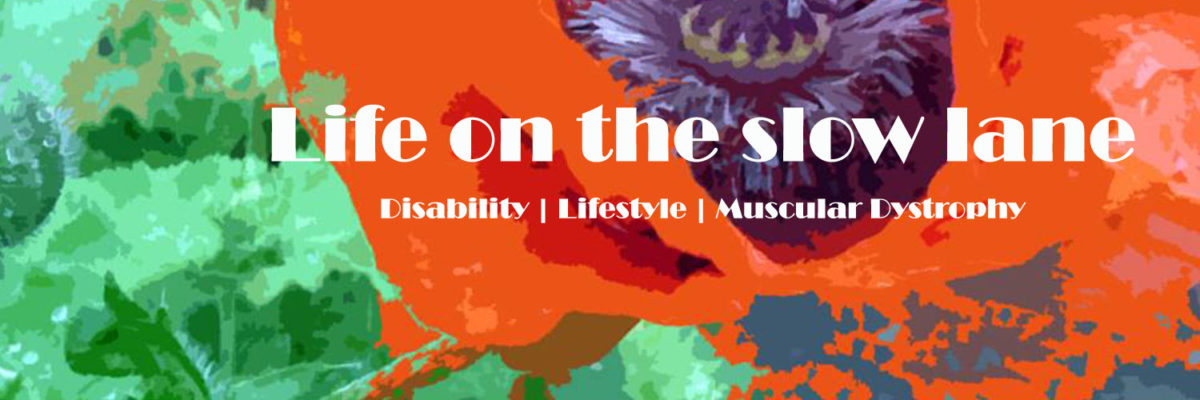
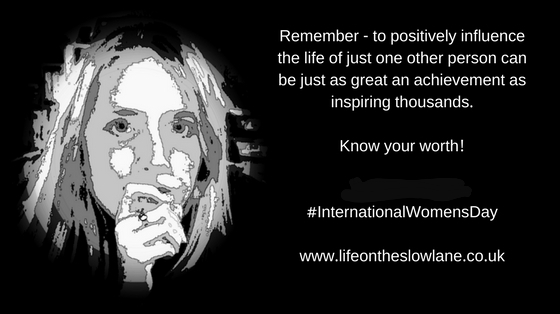




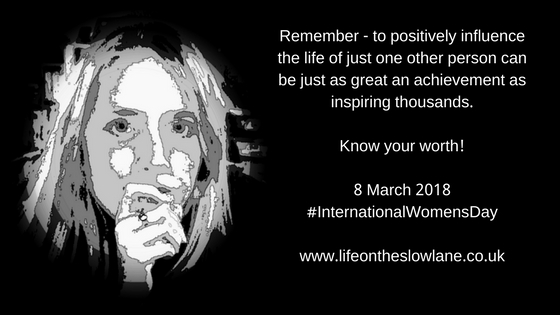

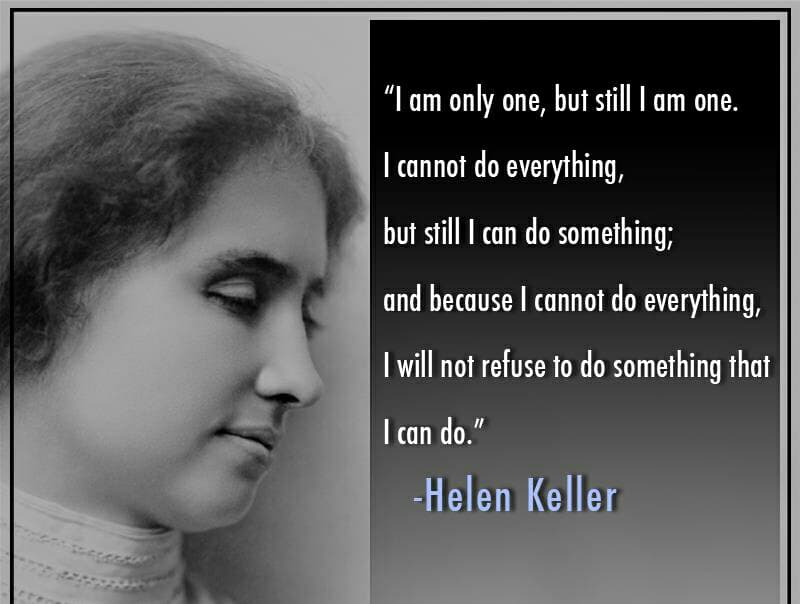

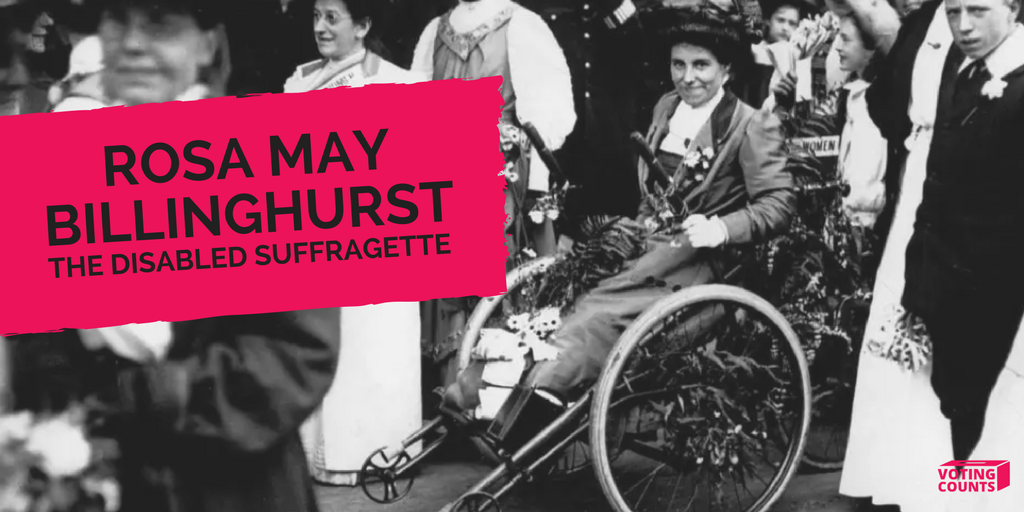
![The [Un]dateables](http://www.lifeontheslowlane.co.uk/wp-content/uploads/2017/02/undateables.jpg)
